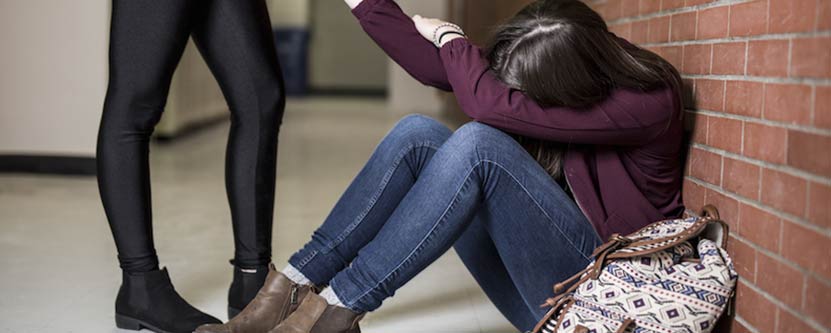Like most psychiatric illnesses, depression has multiple contributing factors, and not a single cause. These causes can be divided into
[the_ad id=”20296″]
biological, psychological and situational causes.
Biological Factors
Some causes of depression are related to the body.
- There could be differences in the brain structure of those that are depressed and those that are not, such as the size of the hippocampus.
- Severe injuries to the head can also cause mood swings and emotional difficulties.
- Brain chemicals called neurotransmitters such as dopamine, nor-epinephrine and serotonin, and hormones such as those produced by the thyroid gland are also related to depression.
- Because of hormonal and physical changes after pregnancy, as well as the responsibility of a new life, some women could develop depression after giving birth.
- A family history of depression provides a genetic vulnerability to depression, which may then develop in stressful situations.
- Some chronic medical conditions like diabetes, heart disease, lupus, multiple sclerosis and cancer could cause depression. Hypothyroidism also causes low mood and fatigue. Sometimes the diagnosis of a lifelong illness can also lead to stress and depression.
- Similarly, chronic pain can contribute to depression since it prevents activity, disrupts sleep, and hampers ability to perform tasks.
- Certain medications can increase the risk of depression or cause fluctuations in mood.
- Similarly, use of alcohol and drugs like cannabis to cope with depression can make things worse.
Situational and Psychological Factors
Depression is also related to the situation that you are in, and what you think about your situation.
- Major life events such as shifting, losing or starting a new job, marriage, divorce and retirement can cause stress, and lead to depression. However, depression is more than the expected and normal response to such stressful situations.
- People can also feel immense sadness and depression because of the loss of a loved one through death or the end of a relationship.
- These situations can also include ongoing physical, sexual, or emotional abuse. A history of such abuse increases vulnerability to depression later on.
- Being in situations of abuse, neglect, violence or poverty for long periods of time can also make people vulnerable to depression.
- A lack of social support, such as by being cut off from family and friends for various reasons or having conflicts with them, as well as trying to deal with stress by yourself can contribute to developing depression.
- A person’s personality can also make them more vulnerable to depression. Such traits include having low self-esteem, being self-critical, pessimistic and dependent, and being overwhelmed by stress.
Often, many different causes together contribute to depression, and the way that a person copes with one stress can send them into a downward depressive spiral. This can happen if they use faulty coping mechanisms such as isolating themselves or Substance abuse etc.
Coping with depression can be stressful, and seeking professional help can equip you with the skills you require to make this task easier.
Source:

